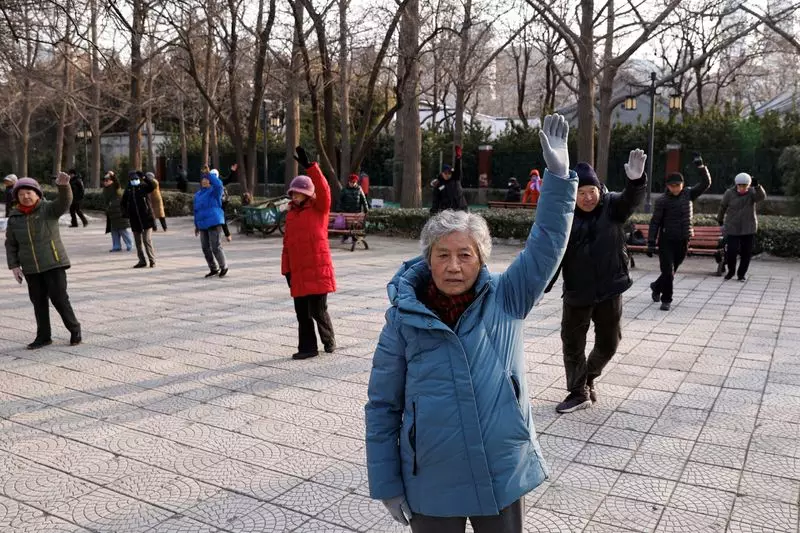China, known for having one of the lowest retirement ages in the world, is now facing a critical assessment of its retirement age policy. The National People Congress members recently discussed a plan to delay the retirement age at the 11th meeting of China’s Standing Committee meeting in Beijing. This move comes as a response to the shrinking working population in the country.
The Need for Change
With the retirement age currently set at 60 for men and as low as 50 for women in certain occupations, China’s retirement age does not align with that of most developed economies. The need for reform has become urgent as life expectancy in the country has been steadily increasing. By 2021, life expectancy is projected to reach 78 years, up from 44 years in 1960. This upward trend is expected to continue, with a projected life expectancy of over 80 years by 2050.
China’s population has been declining for the past two years, posing significant challenges for the country. The number of individuals aged 60 and older is expected to rise from 280 million to over 400 million by 2035. This demographic shift will put immense pressure on the working population to support retirees. Currently, each Chinese retiree is supported by the contributions of five workers, a figure that is expected to decrease to 2-to-1 by 2050.
Financial Implications
The burden on the pension system in China is increasingly unsustainable, with eleven provincial-level jurisdictions already running pension deficits. The state-run Chinese Academy of Sciences has estimated that the pension system may run out of funds by 2035 if changes are not implemented. This looming financial crisis underscores the need for immediate action to reform the retirement age policy in China.
The impending retirement age crisis in China highlights the critical need for policy changes to address the demographic shifts and financial challenges facing the country. By adjustin the retirement age and encouraging longer working years, China can mitigate the strain on its pension system and ensure the financial stability of its aging population in the years to come.

